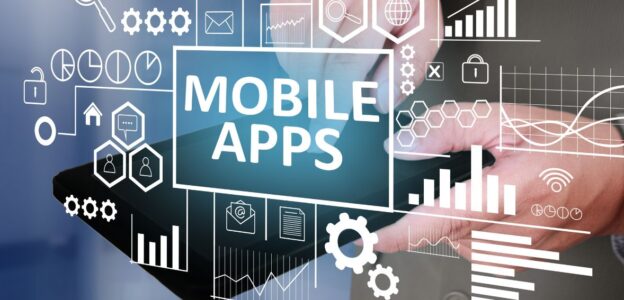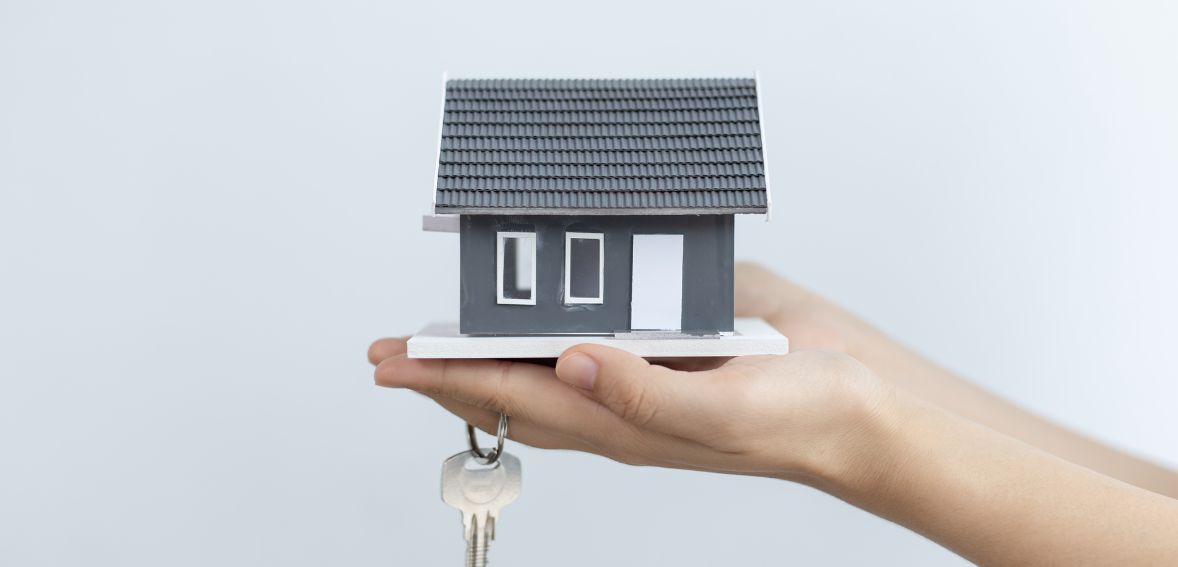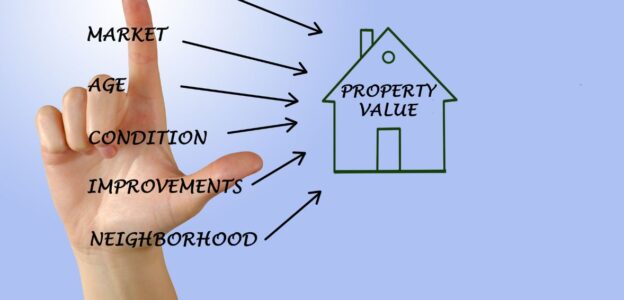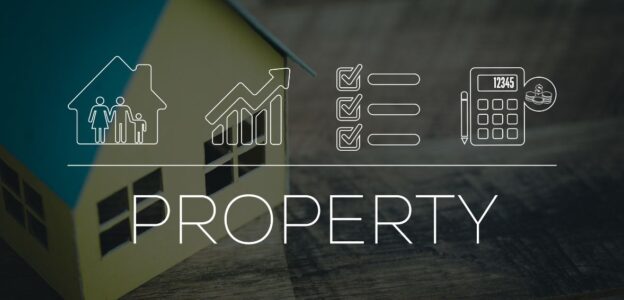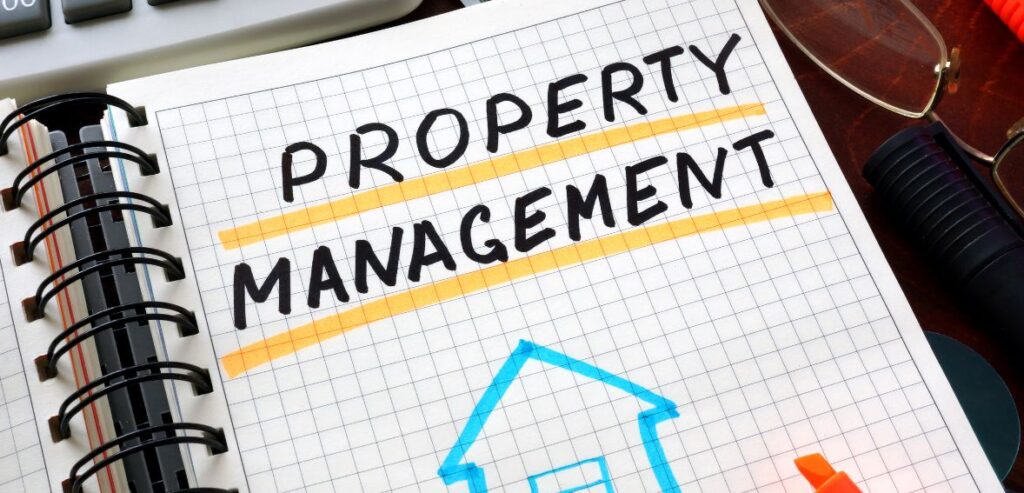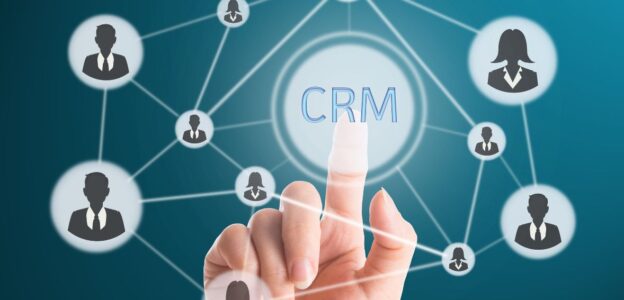In recent years, the property management industry has seen significant technological advancements, particularly with the rise of mobile applications. These mobile apps in property management have transformed interactions between property managers, landlords, and tenants, making processes more efficient and accessible.
As tasks increasingly move to mobile platforms, the industry is experiencing a shift that enhances productivity, improves communication, and leads to better management outcomes. The adoption of mobile apps in property management has surged, driven by the need for efficiency and convenience. Data shows that 92% of property managers now use mobile apps, highlighting a move towards digital solutions. In 2023, mobile apps handled 65% of property management tasks, such as tenant communications, lease management, and maintenance requests.
This trend reflects a growing demand for real-time updates and improved accessibility, allowing property managers to address tenant needs promptly. Embracing mobile technology is essential for staying competitive and meeting the expectations of tech-savvy tenants and property owners. This article explores the rise of mobile apps in property management, their impact on the industry, and the future of property management in a mobile-centric world.
The evolution of property management
Property management has historically been a manual and labor-intensive process. Managers were responsible for everything from rent collection to maintenance requests, often relying on paper-based systems and physical presence to complete tasks. This approach was time-consuming and prone to errors, leading to inefficiencies and communication breakdowns.
The introduction of property management software in the early 2000s marked the first significant shift in the industry. These software solutions enabled property managers to automate their daily tasks, such as rent collection, tenant screening, and maintenance tracking. However, these early software solutions were often desktop-based, requiring managers to be physically present at their offices to manage their properties.
With the proliferation of smartphones and the increasing demand for mobile accessibility, property management software apps emerged as the next logical step in the industry’s evolution. These apps allowed property managers to conduct their operations on the go, providing unprecedented flexibility and efficiency.
Why Property Management Mobile Apps Are on the Rise?
The increasing reliance on mobile apps in property management is driven by their ability to offer streamlined solutions and enhanced accessibility. Recent studies show that 85% of property managers have adopted mobile apps to handle various tasks, from lease agreements to maintenance requests. These apps provide a convenient way to manage property operations, reduce administrative burdens, and improve tenant satisfaction. With mobile apps, property managers can access real-time data, communicate instantly with tenants, and automate routine tasks.
This shift is crucial in an industry where efficiency and responsiveness are key to maintaining a competitive edge. By integrating mobile technology into their operations, property management firms can enhance their service quality, attract tech-savvy tenants, and stay ahead in a rapidly evolving market.
How Property Management Mobile Apps Can Increase Business Profit?
In the competitive property management market, leveraging mobile apps can significantly boost your business’s profitability. As the industry evolves, firms must find efficient ways to attract tenants and property owners. Property Management Software App offers a user-friendly platform for managing various aspects of property management, making them a valuable tool.
A major advantage is increased efficiency. Mobile apps automate tasks like lease management, maintenance requests, and tenant communications, saving time and reducing operational costs. This automation allows staff to focus on strategic activities, enhancing overall profitability.
Mobile apps also improve customer engagement. Features like real-time updates, easy property access, and seamless communication foster tenant and property owner satisfaction, leading to higher retention rates and positive reviews. This satisfaction can attract new clients and drive revenue growth.
Plus, mobile apps provide valuable data insights. Tracking user behavior and preferences enables property managers to make data-driven decisions, optimizing services and marketing strategies for better targeting and higher conversion rates.
Adopting this technology can give your business a competitive edge, improve client retention, and increase profitability. Now is the ideal time if you haven’t adopted a mobile app yet.
Benefits of Mobile Apps in Property Management
The rise of Property Management Software App has brought about many benefits for both property managers and tenants. These benefits drive the widespread adoption of mobile solutions and reshape the industry.
Enhanced Communication: Mobile apps have revolutionized communication in property management by enabling instant notifications, updates, and reminders for rent payments, maintenance schedules, and community news. Tenants can easily raise concerns, request repairs, or ask questions through the app, reducing the need for phone calls or in-person visits and enhancing overall communication efficiency.
Increased Efficiency and Productivity: Mobile apps streamline previously manual tasks, such as automating rent collection with digital reminders and payments. Maintenance requests can be submitted, tracked, and resolved through the app, minimizing the time and effort required for issue resolution. This automation allows property managers to focus on strategic tasks, boosting productivity and efficiency.
Real-Time Access to Information: Mobile apps’ ability to access real-time information provides property managers with up-to-date insights on rent payments, maintenance requests, and property metrics from any location. This capability supports informed decision-making and quick response times, which are essential for effective property management.
Improved Tenant Experience: Mobile apps enhance tenant satisfaction by offering easy access to services like rent payments, maintenance requests, and updates from home. Features such as community forums also help tenants connect with neighbors, improving their overall living experience.
Streamlined Property Inspections: Mobile apps simplify property inspections by allowing managers to perform and document them using smartphones or tablets. Managers can capture photos, record notes, and generate reports in real time, reducing paperwork and speeding up the inspection process.
Data-Driven Decision Making: Mobile apps provide valuable data and analytics on property performance, tenant behavior, and market trends. This information helps property managers make informed decisions, optimize operations, and enhance overall management outcomes.
Cost and Time Efficiency: Mobile apps offer significant cost and time savings by automating routine tasks like lease management and tenant communications. This reduces administrative overhead, lowers operational costs, and allows property managers to focus on more strategic activities.
Key Features of Property Management Mobile Apps for Customers
In the ever-evolving world of property management, Property Management Software App have become indispensable tools for both tenants and property seekers. These apps offer a range of features designed to enhance user experience, streamline the search process, and provide comprehensive property information.
Here’s a look at some key features that can make a Property Management Software App stand out:
1. Advanced search filters
Advanced search filters are crucial for users to find properties that match their specific needs efficiently. Options to filter by location, price range, number of bedrooms and bathrooms, and property type help users refine their search, making it easier to find their ideal property quickly.
2. Interactive map views
Interactive map views offer a dynamic way to explore properties by showing their geographic locations. Users can assess proximity to amenities and understand neighborhood features, visually representing property locations relative to schools, parks, shops, and public transport.
3. Detailed property listings
Comprehensive property listings provide essential information like square footage, amenities, floor plans, and prices. Detailed descriptions help users understand what each property offers, supporting more informed decision-making.
4. High-quality photo and video galleries
High-quality photo and video galleries give users a detailed virtual view of properties. Well-lit images and engaging video tours help potential buyers or renters explore properties in detail, enhancing engagement and decision-making.
5. Virtual tours
Virtual tours offer a 360-degree view of properties, simulating a physical walkthrough. This feature helps users visualize space and layout, which is especially valuable for those unable to visit in person.
6. Favourites and saved searches
Saving favorite properties and searches allows users to track their interests and revisit search criteria quickly. This feature simplifies comparing options and staying organized during the property search process.
7. Push notifications
Push notifications update users on new listings, price changes, application statuses, and other important information. Timely alerts ensure users stay informed and can act quickly in a competitive market.
8. In-app messaging or chat
In-app messaging or chat functionality lets users communicate directly with property managers or landlords. This feature facilitates quick information exchange, query resolution, and viewing scheduling, improving communication and responsiveness.
Key Features of Property Management Mobile Apps for Listers
For property listers—whether landlords, property managers, or real estate agents—mobile apps offer a suite of features designed to simplify listing management and improve efficiency.
Here’s a look at some of the key features that can make a Property Management Software App particularly valuable for listers:
Easy Listing Management: Effortlessly manage property listings with tools that support bulk uploading, template options, and intuitive interfaces. These features simplify creating, updating, and managing listings, saving time and reducing administrative tasks.
Analytics Dashboard: Gain insights into listing performance with an analytics dashboard. Metrics like view counts, engagement rates, and application statistics help identify trends and improve marketing and management strategies.
Lead Management Tools: Track and manage leads efficiently with tools for tracking, segmentation, and follow-up reminders. These features help convert leads into tenants or buyers through organized and timely communication.
Notifications for Listing Activity: Get real-time notifications about new inquiries, applications, or status changes. Alerts help listers respond promptly to potential tenants or buyers.
Social Media Integration: Promote properties across social media platforms with seamless integration. This feature boosts visibility and engagement by sharing listings on various networks.
Real-Time Chat: Use real-time chat to communicate directly with potential buyers or tenants. This feature streamlines addressing inquiries, scheduling viewings, and negotiating terms.
The impact of mobile apps on the property management industry
The rise of Property Management Software App has profoundly impacted the industry, transforming how property managers operate and interact with tenants.
This transformation has led to several key changes in the industry:
Enhanced Technology Adoption: The success of mobile apps has prompted more property managers to integrate technology into their operations. This digital shift encourages innovation, developing new tools and platforms tailored to the evolving needs of managers and tenants. As technology advances, further changes in property management are anticipated.
Broader Accessibility: Mobile apps have made property management tools more accessible, allowing smaller and independent managers to use affordable, user-friendly solutions. This increased accessibility levels the playing field, enabling more managers to compete and thrive.
Increased Tenant Satisfaction: Mobile apps enhance tenant satisfaction by enabling rent payments, maintenance requests, and smartphone communication. This convenience leads to higher tenant retention and fewer vacancies, benefiting property managers and landlords.
Data-Driven Insights: Mobile apps provide valuable data and analytics, allowing property managers to make informed decisions. By examining trends in rent collection and tenant behavior, managers can address issues proactively and improve operational efficiency.
New Business Models: Mobile apps have introduced new business models, such as fully remote property management services. These models enable managers to oversee properties without on-site visits, expanding service offerings and creating new opportunities in the industry.
What Does the Future Hold for Mobile Apps in Property Management?
As mobile apps increasingly influence property management, several trends are expected to shape the industry’s future:
Artificial Intelligence and Automation: AI and automation will play crucial roles, with AI chatbots managing routine tenant queries and automating tasks like rent collection and maintenance scheduling. This integration will make property management more efficient.
Augmented Reality (AR) and Virtual Reality (VR): AR and VR are set to revolutionize property marketing and management. Mobile apps incorporating these technologies will offer virtual property tours and inspections, allowing potential tenants to view properties remotely and providing detailed insights without physical visits.
Blockchain and Smart Contracts: Blockchain and smart contracts will enhance security and transparency in property management. These technologies will automate lease enforcement and payment processes, reducing intermediaries and increasing trust between managers and tenants.
Internet of Things (IoT) and Smart Buildings: IoT will provide real-time data through smart devices, optimizing energy use and security while proactively addressing maintenance issues. Smart buildings with IoT technology will become more common, improving efficiency and cost savings.
Sustainability and Green Technology: Mobile apps will increasingly support sustainability, offering tools for tracking energy use and managing waste. Features that promote green practices will attract environmentally conscious tenants and benefit the planet.
Enhanced Platform Integration: Future apps will offer better integration with accounting software, CRM systems, and marketing tools, streamlining operations and reducing the need for multiple systems.
Challenges and Considerations to Consider
While the rise of mobile apps in property management offers numerous benefits, it also presents challenges that property managers must navigate. Some of the key challenges and considerations include:
1. Data security and privacy
As property management apps collect and store sensitive data, such as tenant information and financial records, data security and privacy become critical concerns. Property managers must ensure that their apps comply with data protection regulations and implement robust security measures to protect against data breaches.
2. Adoption and training
The adoption process can be challenging for property managers who are new to mobile apps. Managers must invest time in learning how to use the app effectively and may need to provide training to their staff and tenants. Additionally, some tenants may resist using new technology, requiring property managers to offer support and encouragement.
3. Dependence on technology
As property managers increasingly rely on mobile apps, they risk becoming too dependent on technology. Technical issues, such as app outages or software bugs, can disrupt operations and lead to frustration. Property managers must have contingency plans in place to address these issues and ensure that they can continue to manage their properties effectively, even in the event of technical difficulties.
4. Cost and ROI
While mobile apps offer cost savings in many areas, they also require an initial investment in software and hardware. Property managers must carefully evaluate the cost of implementing a mobile app and consider the return on investment (ROI) it will provide. Additionally, managers must be prepared to invest in ongoing updates and maintenance to ensure the app remains functional and up-to-date.
5. User experience and design
The success of a property management app depends heavily on its user experience (UX) and design. If an app is difficult to navigate or lacks essential features, users may become frustrated and abandon it. Property managers must choose user-friendly apps that offer a seamless experience for both managers and tenants.
Conclusion
The rise of Property Management Software Apps marks a significant milestone in the industry’s evolution. These apps have transformed how property managers operate, offering enhanced communication, increased efficiency, real-time access to information, and a better tenant experience. As technology advances, the property management industry will likely see even more innovations that further streamline operations and improve outcomes.
While there are challenges associated with adopting mobile apps, the benefits they offer far outweigh the drawbacks. Property managers who embrace these apps are well-positioned to succeed in a competitive and rapidly changing industry. As mobile apps become increasingly sophisticated, they will play an even more central role in property management, shaping the industry’s future and paving the way for new opportunities and business models.
Frequently Asked Questions
Mobile apps have shifted property management from manual, paper-based processes to automated, digital solutions. They enable property managers to handle rent collection and maintenance requests more efficiently and from anywhere.
As of 2023, 92% of property managers use mobile apps, which handle 65% of property management tasks, including tenant communications, lease management, and maintenance requests.
Challenges include ensuring data security and privacy, managing adoption and training, dealing with technological dependencies, evaluating costs and ROI, and ensuring a good user experience and design.
